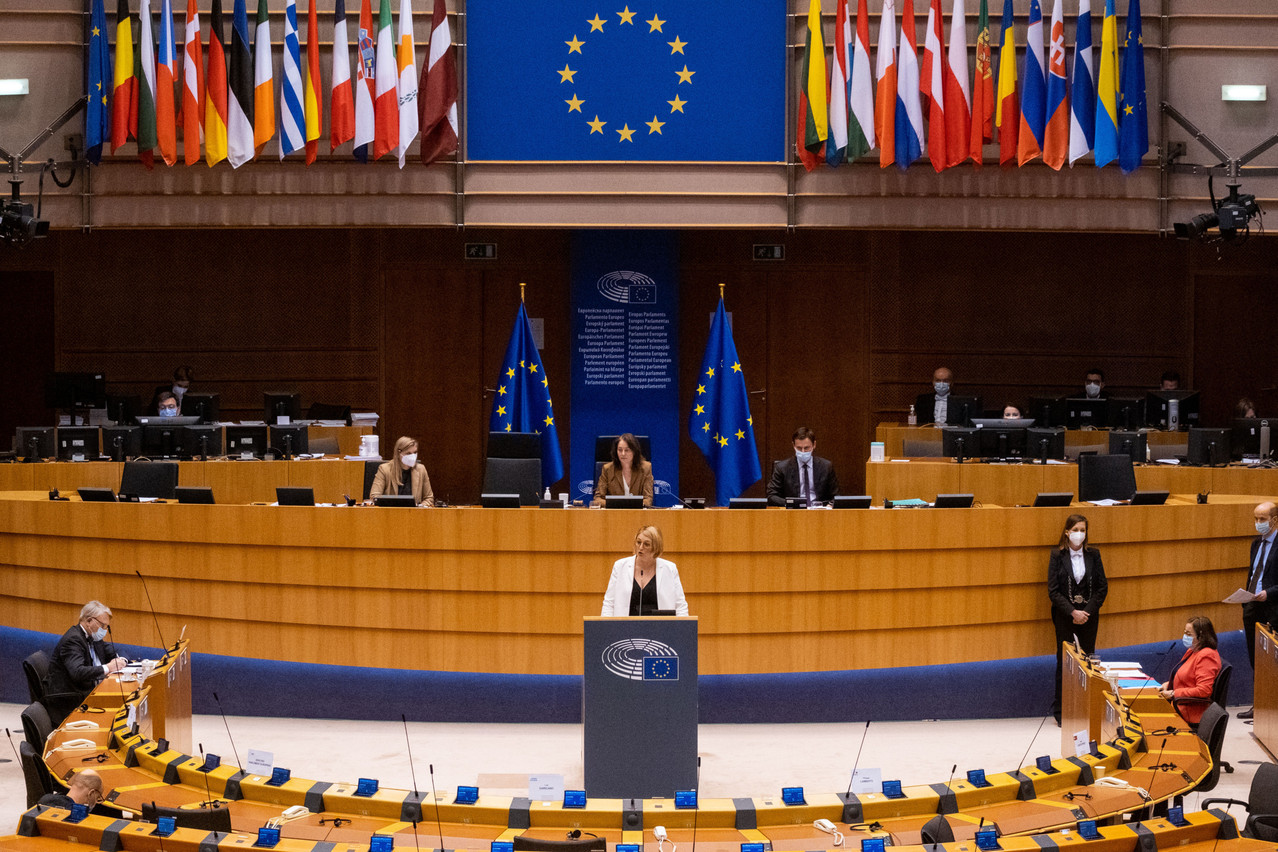Firms with revenues of more than €750m in the last two years will be required to submit certain tax information to every member country where they operate, regardless of whether they are domiciled in the EU. The reporting will take place within 12 months of the date of the balance sheet for the financial year in question.
This decision was the result of trilogue negotiations between member states, the European commission and the European parliament. Sweden and Cyprus voted against the final position while the Czech Republic, Ireland, Luxembourg and Malta abstained.
Some of those member states might appeal to the European court of justice against the legal base of the framework.
The European Parliament adopted its position at first reading on 27 March 2019. with the European parliament. Economy minister Franz Fayot (LSAP) during a February EU meeting said Luxembourg would not stand in the way of the initiative.
“In parallel with the work undertaken by the Council to fight corporate income tax avoidance, it is necessary to enhance public scrutiny of corporate income taxes borne by multinational undertakings carrying out activities in the Union, in order to further foster corporate transparency and responsibility, thereby contributing to the welfare of our societies,”stated the European parliament, the Commission and the Council in a
The country-by-country reporting directive sets out the conditions under which a company may defer the disclosure of certain information for a maximum of five years. This was lowered from six years by the European parliament in previous discussions but is still seen as one of the drawbacks of the directive.
The directive still needs to be officially voted in by the European parliament which is scheduled for November but this is considered a formality. The directive will enter into full force following its publication in the Official Journal of the European Union and member states will have 18 months to transpose it into national law.
